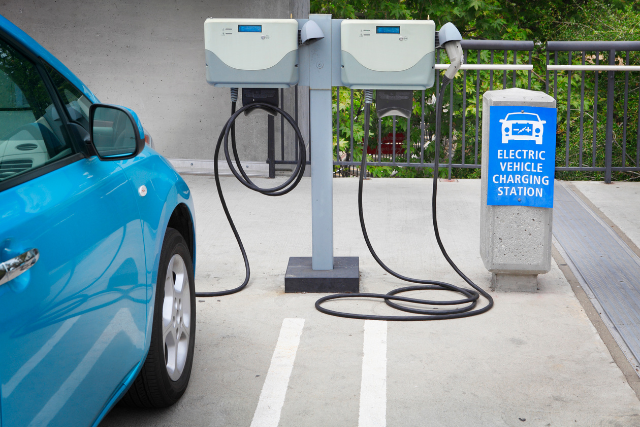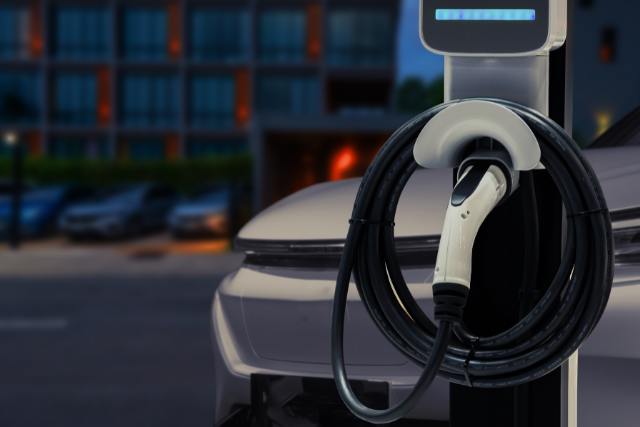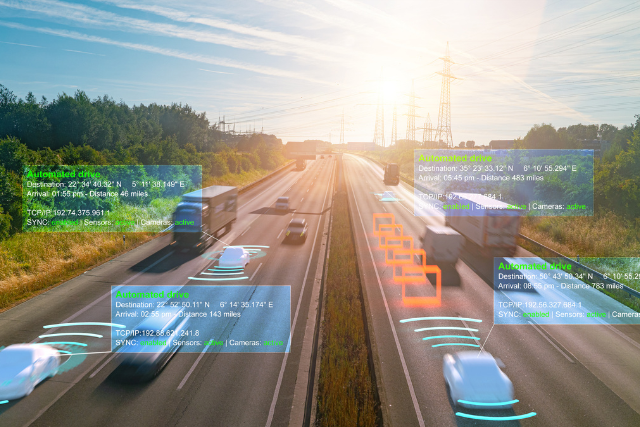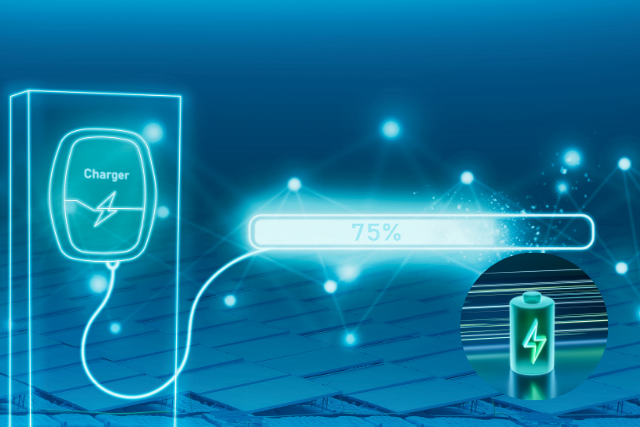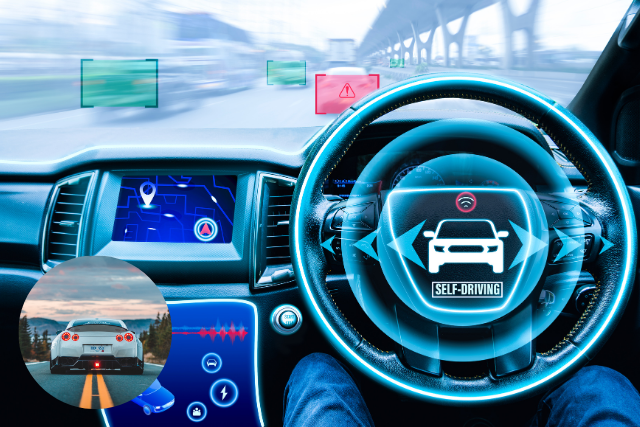Electric vehicles (EVs) are becoming increasingly popular as the world pushes for a greener future. As our society keeps moving toward a greener, more sustainable way of life, electric vehicles (EVs) have become a big part of this change. This blog post will discuss EVs and how their pros and cons affect our lives.
What are electric vehicles?
Electric cars don’t have an internal combustion engines. Instead, they are powered by electricity. This means that they do not produce emissions, making them a more environmentally friendly transportation option.
There are two main types of electric vehicles: all-electric vehicles, which run solely on electricity, and hybrid electric vehicles, which combine a traditional internal combustion engine with an electric motor.
Features of electric vehicles
Some features of electric vehicles include:
Zero emissions
As global warming continues to be a big concern for the environment, zero emissions are becoming more and more critical. Electric vehicles, which run on electricity rather than gasoline, are one option for reducing emissions.
Electric cars can help clean up the air in cities with lots of people because they don’t make any exhaust fumes. Also, electric cars don’t need to have their oil changed or any other type of maintenance that is common for classic cars. This makes them a good choice for drivers in cities who are looking for reliable and cheap ways to get around.
Electric cars are getting better and cheaper over time because their technology is constantly changing. For instance, advanced battery technologies have allowed for improvements such as increased range per charge and faster charging times compared to earlier models.

Low operating costs
Electric cars, buses, and motorcycles that run on electricity instead of gas are becoming increasingly popular because they are cheap to run. The cost of charging an electric car is much lower than the cost of putting gas in a vehicle that runs on gasoline.
Electric vehicles use the same amount of energy from the grid regardless of how far they travel, whereas gasoline-powered cars require more fuel for longer trips. Also, electric vehicles don’t need expensive oil changes or other maintenance services that are necessary for gas-powered vehicles.
The lower operating costs associated with electric vehicles mean drivers can save money in the long run by making a one-time investment in an electric car instead of frequent trips to the gas station. This can help reduce pollution from burning fossil fuels and save money for people who switch from regular cars to EVs.
Quiet operation
One of the lesser-known benefits of EVs is that they are much quieter than traditional gasoline-powered vehicles. This can significantly benefit those who live in densely populated cities or near busy roads, allowing them to enjoy more peace while driving.
The quiet operation of EVs is achieved through their electric motors, which produce significantly fewer vibrations and noise than an internal combustion engine. The lack of an exhaust system also helps reduce noise levels, making EVs much quieter than traditional gasoline vehicles when driving at low speeds. An electric vehicle sounds like a running refrigerator, which is much less annoying than the loud rumble of a gasoline engine.

Cons of electric vehicles
There are also some cons to using electric vehicles:
Limited range
Compared to a traditional gas vehicle, most EVs can only travel around 100–200 miles on a single charge. This makes them unsuitable for long-distance or road trips requiring frequent recharging.
To address this issue, some EVs have larger battery packs that provide a more fantastic range. These batteries may take the vehicle up to 300 miles or more on a single charge and boast quick charging times. Also, in many places, there are public charging stations that people can use to charge their EVs while running errands or going short distances.
High upfront costs
An EV’s initial cost can be several thousand dollars higher than a comparable gas model. This is partly because their batteries hold more power and are made with more advanced technology. Even though EVs cost more upfront, many buyers still find them appealing because they save money in the long run.
In addition to having lower fuel and maintenance costs over time, EV buyers may also be able to get tax credits or other incentives from the federal or state government that help lower the price of an EV.
Limited charging infrastructure
In some areas, limited infrastructure for charging electric vehicles is available. This can be a big problem for the widespread use of electric cars because there may not be enough charging stations, either public or private, to meet the increased demand.
The lack of a suitable charging infrastructure could also make people worry about being able to charge their car on a long trip, which could affect their range anxiety. This feeling can make people hesitate when considering purchasing an electric vehicle, which will slow down the adoption and development of the technology.

Luckily, governments worldwide are spending more and more money to improve the infrastructure for charging electric vehicles.
Summary
Electric vehicles are a promising way to get around because they are suitable for the environment and the economy. Even though there are some terrible things about electric cars, the pros will likely outweigh the cons for most people.

